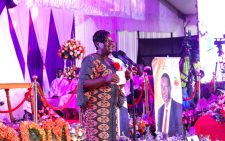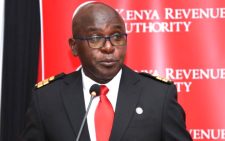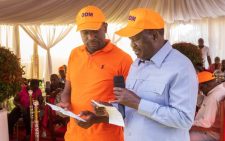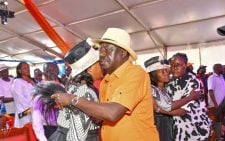Sports Kenya on the spot over stalled projects
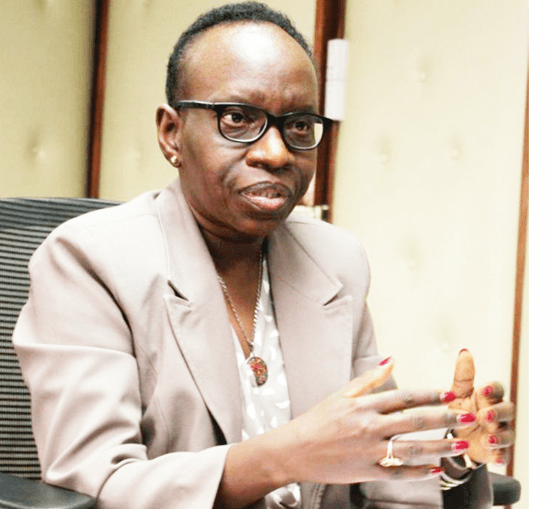
The management of Sports Kenya is on the spot once again over delays in the completion of various stadia that were either under construction or refurbishment.
In a report for the year ending June 2023, Auditor General Nancy Gathungu raised concerns that despite Sh 4.3 billion being committed, various anomalies were noted in the projects.
The projects in question include renovations of Moi International Sports Centre Kasarani, construction of Kamariny Stadium in Elgeyo Marakwet county, Kipchoge Keino Stadium Phase one and 11 in Eldoret, Karatu Stadium in Gatundu South, Wote Stadium in Makueni stadium, Ruringu Stadium in Nyeri county and Kirubia Stadium in Thraka Nithi county.
The report reads: “The statement of financial position reflects work in progress (WIP) balance of Kshs4,259,127,880 as disclosed in Note 27 to the financial statements. Review of projects implemented by Management revealed the unsatisfactory matters.”
Bus Rapid Transit
On Moi International Sports Centre, the report notes that while the Management entered into a Memorandum of Understanding (MOU) for sharing of revenue between Sports Kenya and Nairobi Metropolitan Area Transport Authority (NAMATA) for a Bus Rapid Transit assembly facility construction on 15-acre parcel of land hived from Moi International Sports Centre – Kasarani, the project was not approved by the relevant Cabinet Secretary as required by Section 4(s) of the Sports Act, 2013.
Further, the report notes that the construction of a Bus Rapid Transport facility does not fall within the mandate of Sports Kenya in the manner contemplated in Section 4 of the Sports Act, 2013, which stipulates that Sports Kenya is established for the purpose of promoting sporting activities and safeguarding sporting facilities and resources.
Reads the report: “In the circumstances, the Management was in breach of the law.”
On Kamariny stadium, the report notes that although Sh81.6 million has already been paid to the contractor, physical verification of the project on March 5, 2024 revealed that the total works done were approximately 30 per cent as the project had stalled since 2017 and the contactor was not on site.
Physical verification
The contract for the construction of the stadium was awarded on September 6 2016 and the scope of work included construction of a 15,000-seater pavilion, a standard football pitch, a borehole and associated water storage facilities, electrical and mechanical works, and eight-lane tracks with field events facilities.
The report further states, “In the circumstances, the value for money realised from the expenditure of Sh81,590,104 on the project could not be confirmed.”
The Kipchoge Keino Stadium Phase I, the report notes that despite the project cobbling up Sh326.8 million or 88 per cent of the total contract sum which is Sh304.2 million, physical verification of the project on March 5 this year revealed that the Phase I works had not been completed, the works had stopped and the contract termination process was underway.
“In the circumstances, the value for money realised from the expenditure of Sh326,816,952 on the project could not be confirmed,” Gathungu’s report further indicated.
On the construction of phase 11 of the Kipchoge Keino Stadium, the report states that although the project has so far consumed Sh249.9 million or 77 per cent of the contract sum of Sh325.8 million on August 18, 2017, with the expected project completion date being January 30, 2023, physical verification carried out on March 5, this year revealed that the contractor had abandoned the site due to delayed payments and the project had stalled.
The scope of works at the stadium included the construction of a 5,000-seater pavilion, a boundary wall with gates, a borehole and associated water storage facilities, lifts, a car park area, installation of a generator, and electrical and mechanical works
With regards to Karatu stadium where Sh149.4 million or 58 per cent of the total contract sum of Sh259.6 million has been spent, physical verification carried out on March 7, 2024, revealed a number of anomalies including lack of completion of the 1,500-seat pavilion.
The report shows that the perimeter wall had caved in and had not been repaired, the car park had not been done and the borehole had also not yet been drilled as at the time of the audit.
It was also noted that the Public Works officers had not visited the site since the year 2020 and, therefore, the quality of works could not be confirmed.


